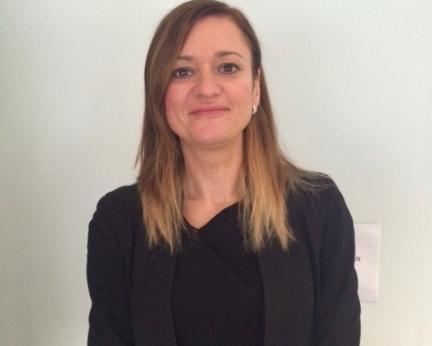The main parts of my job are operating and working in outpatient clinics. I generally have two or three operating lists each week, which usually last half a day. Most of the operations in paediatric urology are elective or planned and there is little emergency surgery.
The operations are varied and include surgery for abnormal genitalia, undescended testicles, circumcision for medical reasons, and kidney and bladder problems such as bladder outlet obstruction in boys. As a consultant, an important part of my work is to train junior surgeons and give them increasing responsibility during their training. This means I am often supervising operations as well as carrying out surgery myself.
I also lead ward rounds, where I see patients and their families before and after their operations. Ward rounds are another setting where I teach junior doctors and specialist trainees.
On average I also run three half-day outpatients’ clinics each week, where I see between 12 and 15 patients for new and follow-up appointments pre and post-surgery. Some children with urological problems such as night and daytime wetting can be treated without surgery.
Children with complex conditions such as spina bifida have bladder and bowel problems and require long-term support up to the age of 19 years when they are transferred to an adult urologist. Strong bonds are formed with these children and their parents during this time.
Some paediatric urological conditions are diagnosed antenatally and I offer counselling sessions to pregnant mothers once a month. I can’t always explain why their child has a dilated kidney for example, as there may be several causes. But I can explain the possible causes and offer reassurance about what might happen and when.
Each week has its share of meetings, including multidisciplinary team (MDT) meetings, and discussions with radiologists to look at ultrasound scan results. I work very closely with continence nurse specialists who carry out bladder assessments and provide bladder re-training advice.
About two or three times a year I also attend medical conferences in the UK or abroad, which provide an opportunity to meet colleagues and keep up-to-date with research.





